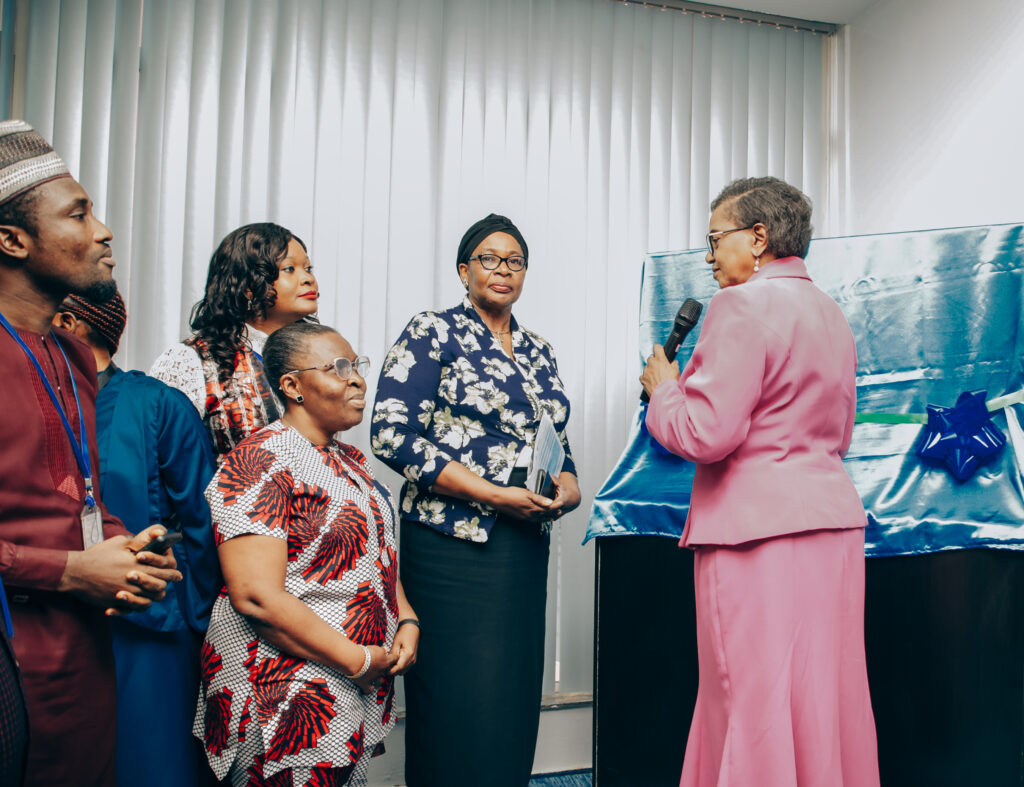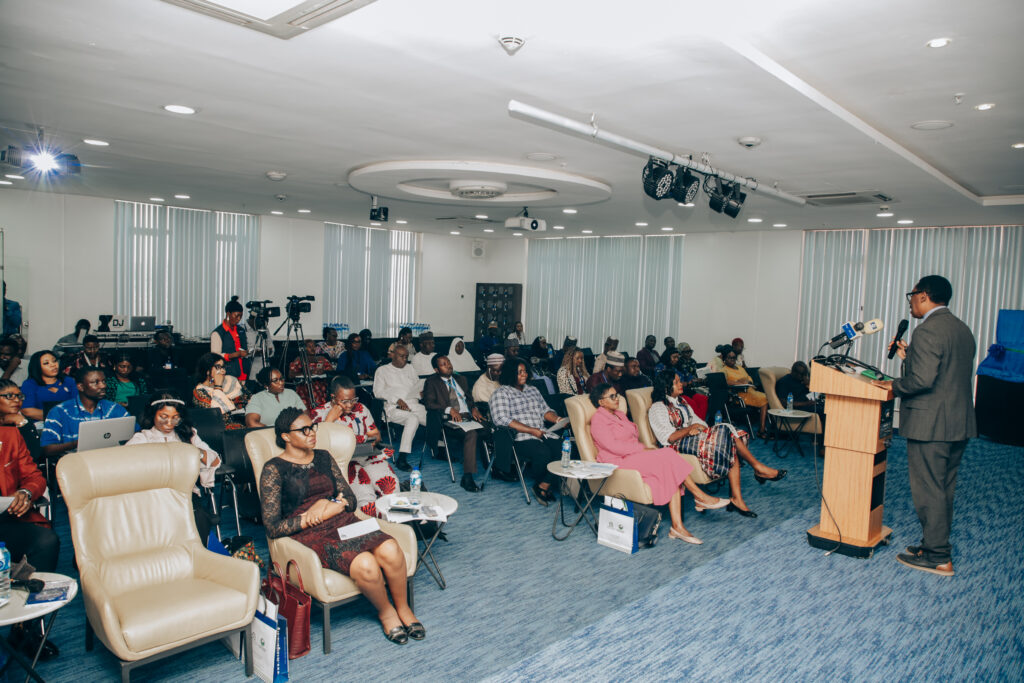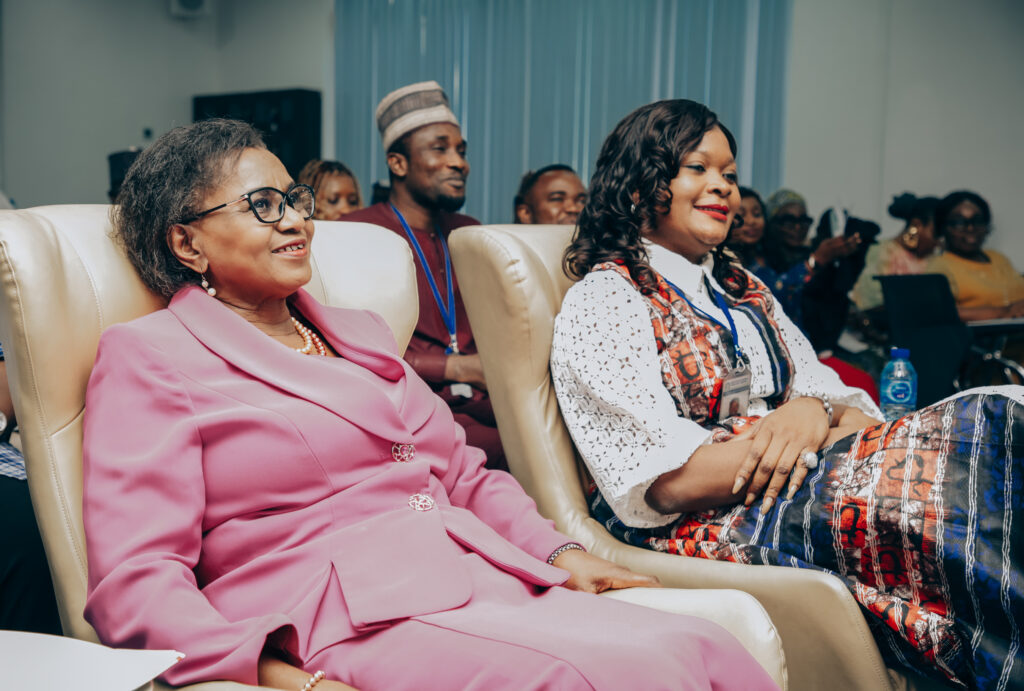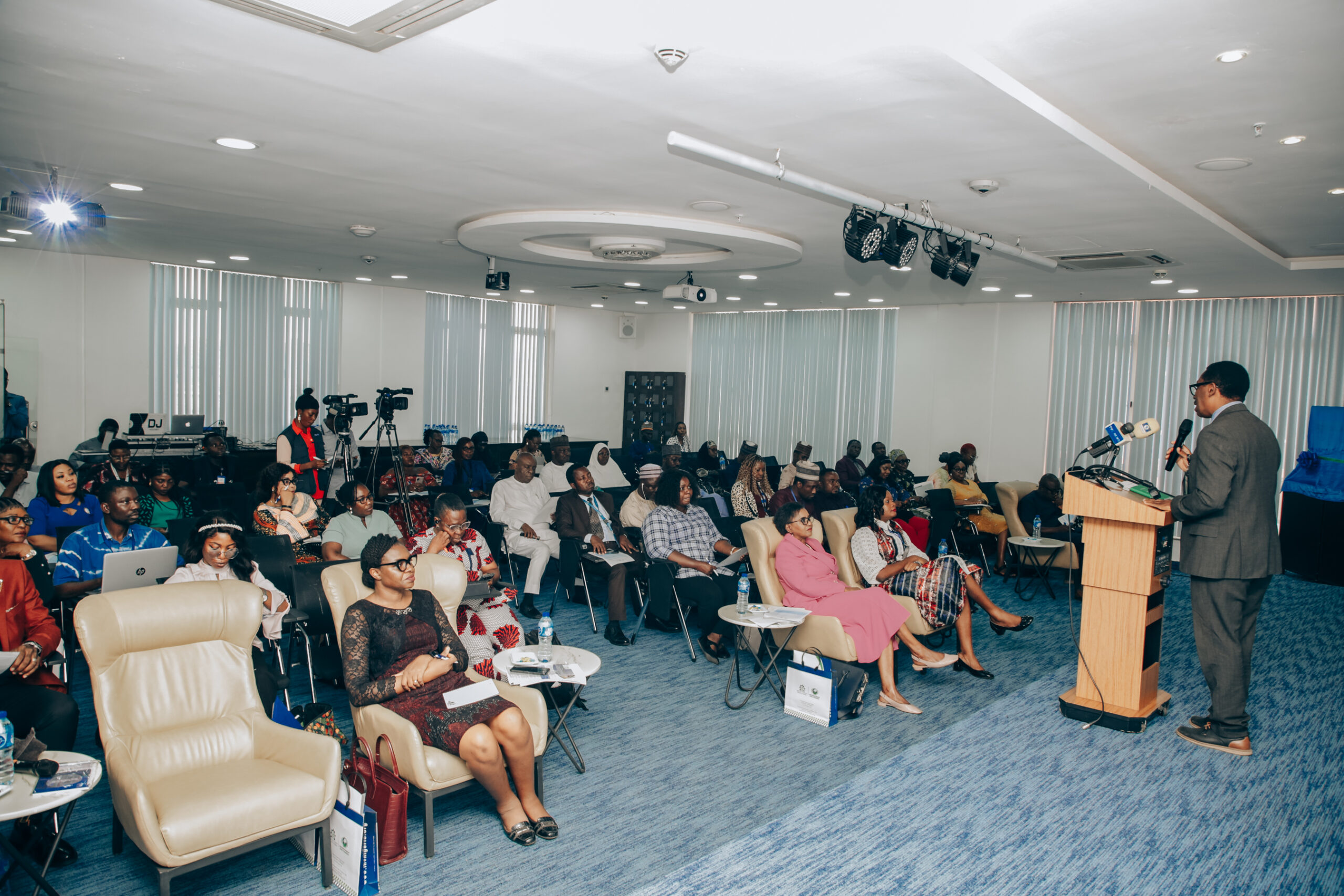The Chairman of the Senate Committee on Health, Distinguished Senator Ipalibo Harry-Banigo has expressed her commitment to using data on stillbirths in Nigeria to advocate for and enforce forward-thinking policies to positively shape the future of maternal and child health care in Nigeria.
Senator Harry-Banigo stated this at an event hosted by the Institute of Human Virology Nigeria (IHVN) to launch a still-births dashboard developed and published on the Federal Ministry of Health website by the Improving Nigeria’s Capacity to Use Data of Registered Stillbirths for Decision Making Project (SPEED Project) implemented by the International Research Center of Excellence (IRCE) at IHVN.
She revealed her delight in partnering with IHVN to use registered stillbirth data in Nigeria for decision-making.
“The dashboard is a vital resource for decision makers to strategically respond to still-birth needs and trends with precise interventions. Every baby deserves a chance to life. Every baby has a destiny to fulfill, that is why we are here to support this wonderful initiative,” she said.
Senator Harry-Banigo added that she would utilize her oversight duties to ask the necessary questions for stillbirths to be prevented. “Together we can embark on this journey. It is a multi-sectoral project that will involve communities,” she said.
Also speaking at the event, SPEED Principal Investigator, Ms Oghome Emembo said that the project utilized quantitative data from 2014-2023 on the FMoH DHIS database from Primary Health Centers across the country.
Findings from the data analysis revealed that Nigeria’s stillbirth rate is currently twice the expected target per Every Newborn Action Plan (ENAP) global target of 12/1000 total births by 2030. It also showed that the majority of reported stillbirth occurrences are in the Northwestern part of Nigeria with high rates in Zamfara, Sokoto, and Kano States. Additionally, only Ogun and Osun states have achieved a stillbirth rate below the 12/1000 total births in Nigeria.
Ms Emembo urged states to act immediately to address stillbirths in Nigeria. “Approach the issue with a learning strategy. There has to be consultation, knowledge transfer, and learning from Osun and Ogun states. There are reasons why the rates there are much better,” she said.
Officials from FMOH, the National Primary Health Development Agency (NPHCDA), the World Health Organization, and Civil Society Organizations gave remarks on action plans in utilizing the analyzed data to prevent stillbirths in health facilities and communities.
Co-Implementing partners of Maternal, Neonatal, and Child Health programs, stakeholders, and the media also attended the launch which held at the IHVN Campus in Abuja.
SPEED Project is funded by Vital Strategies Inc – Bloomberg Philanthropies Data 4 Health Initiative. It is tasked with collaborating with FMOH to translate stillbirths data for policy impact. One of the outputs of the project is to publish a stillbirths dashboard on the FMOH website as a Digital Analytics and Visualization tool to improve visibility and accessibility to stillbirth data for decision-making.




